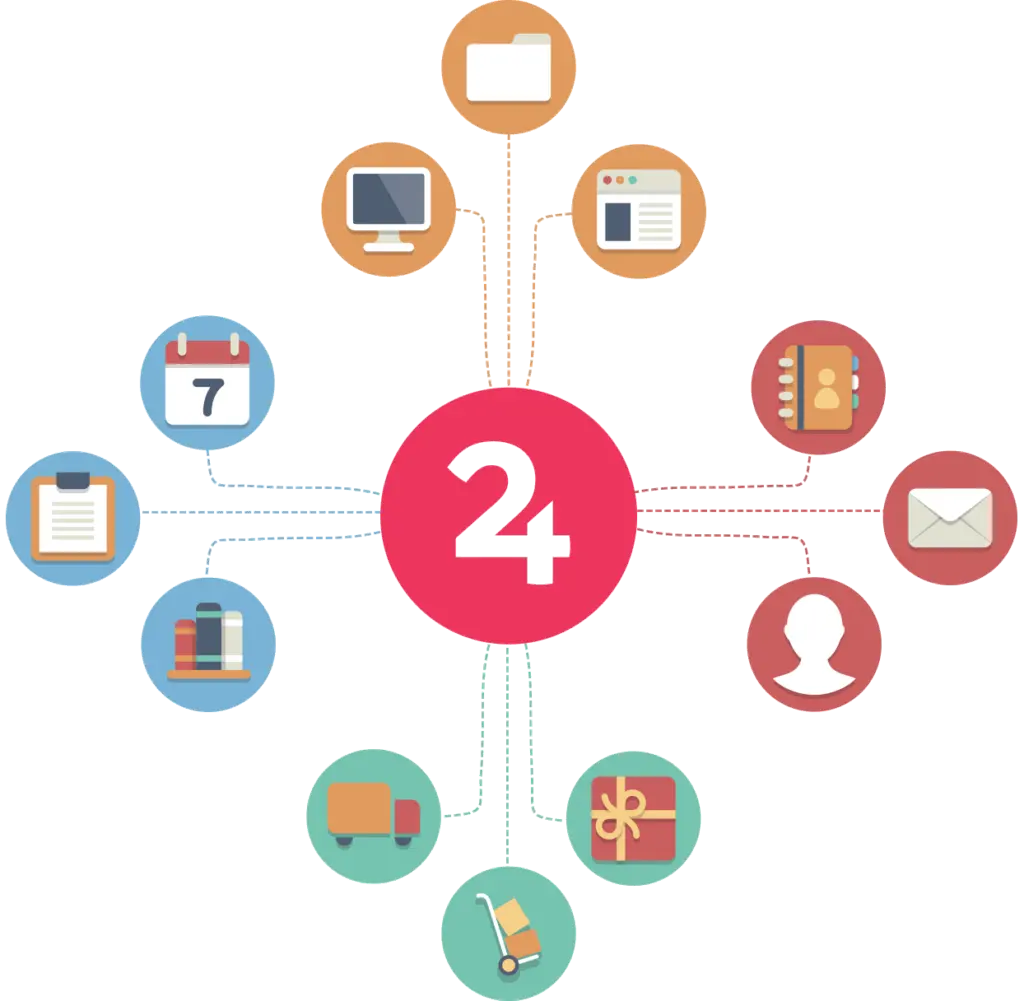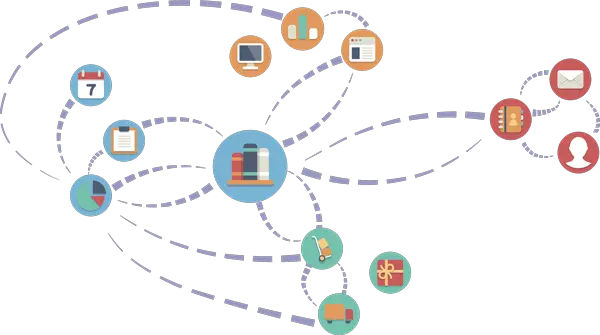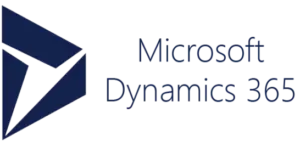What is Robotic Process Automation?
As an example, robotic process automation (RPA) is what physical robots are for knowledge-driven companies to a car factory. RPA is about automation, optimizing efficiency and productivity, as well as significantly reducing costs associated with human labor. Whereas car factory robots make cars, the RPA software robots do the same for an organization’s internal processes.

Centralized RPA-platform
Our integrations/RPA platform is nothing less than a breakthrough in integrations- and software robot technology.
The purpose of an RPA platform is to automate as many workflows as possible. The platform’s purpose is to distribute the information the software robots collect, independent of front ends. Thereby, data is collected and redistributed from one place. This results in a more secure and robust overall stack, which is far more susceptible to any changes in front ends.
It allows employees to spend time on core tasks that require human handling. Several manual key tasks, data transfers from one system to another, requests for data from other systems, etc., can thus be solved by software robots.
The platform is a great tool for complex integration tasks, as the platform centralizes all data streams and distributes data to the right systems.

Traditional integrations
Since the 1990’s traditional data integrations have only been accessible to larger companies and organizations.
For a long time, data integrations have been an extravagant investment that could only be paid for by the largest companies.
Should more systems be integrated, it was with architecture, as shown in the illustration.
In a one-to-one relationship, the systems were integrated to exchange data. Of course, the traditional integrations seem to matter, but they are enormously expensive and have entailed a lot of risks.
This has changed in the meantime. New RPA platforms connect all systems to one central system, from where the data is exchanged.
Twentyfour cases
The National Service platform & FMK
Our platform knows no restrictions.
In addition to ERP-, CRM- and specially built systems, we have done automation of workflows with The National Service platform (NSP) and Shared Medicine Card (FMK).
See below which systems we, among others, have integrated through the Twentyfour RPA- and integrations platform.
Faster case management
BUPL uses the highly specialized case management system, Modulus DMS, developed by NetCompany. This system was integrated with their online platform to send the data directly from BUPL’s platform to Modulus. This has significantly reduced employee case processing times.
In addition, NemID was integrated through our platform, so the user only had to authenticate once, at the first login. This saves the user from logging in via NemID more than once.
Twentyfour cases
The National Service platform & FMK
Our platform knows no restrictions.
In addition to ERP-, CRM- and specially built systems, we have done automation of workflows with The National Service platform (NSP) and Shared Medicine Card (FMK).
See below which systems we, among others, have integrated through the Twentyfour RPA- and integrations platform.
Faster case management
BUPL uses the highly specialized case management system, Modulus DMS, developed by NetCompany. This system was integrated with their online platform to send the data directly from BUPL’s platform to Modulus. This has significantly reduced employee case processing times.
In addition, NemID was integrated through our platform, so the user only had to authenticate once, at the first login. This saves the user from logging in via NemID more than once.













